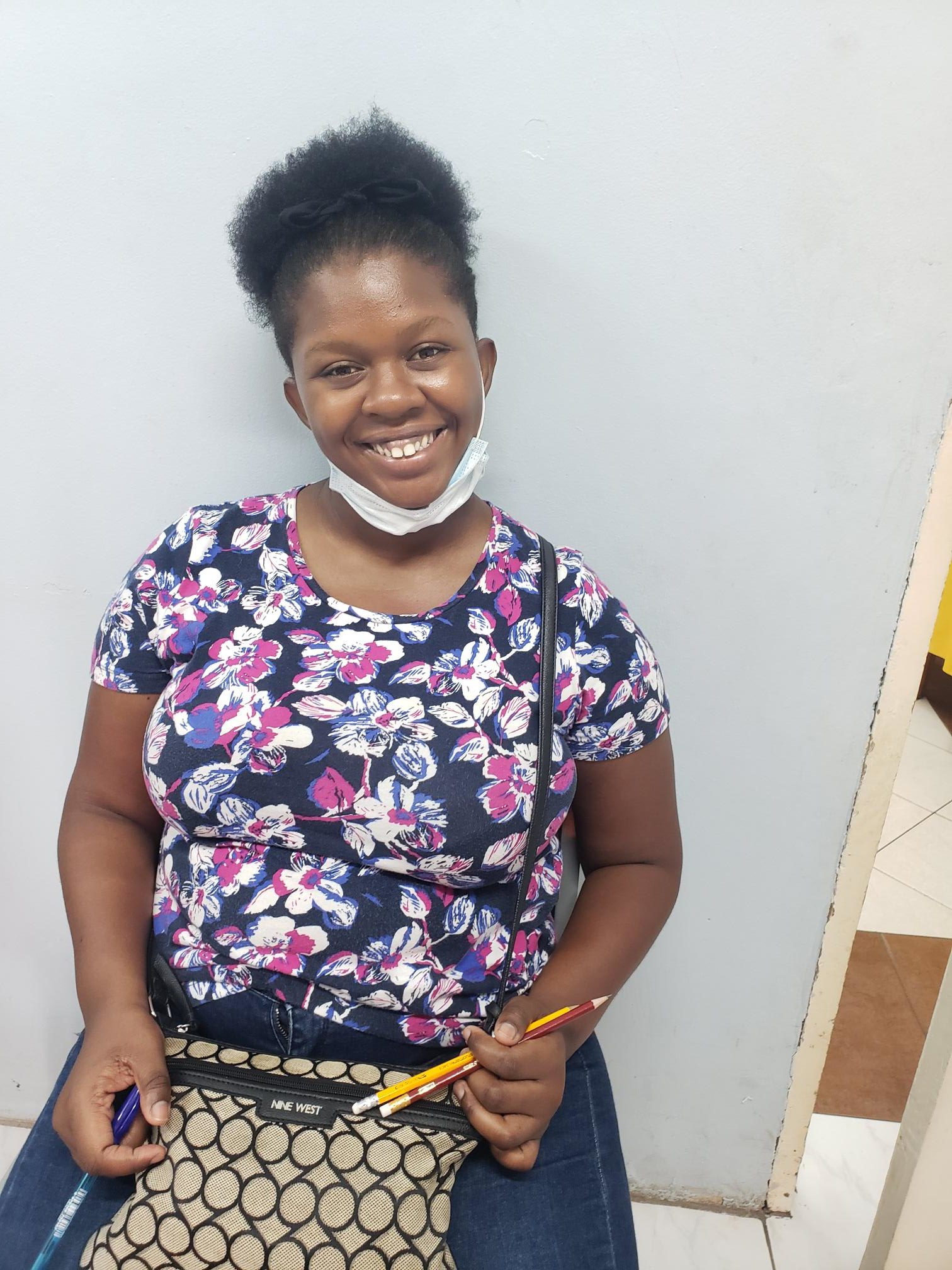Sustainable farming project in Jamaica supports women with disabilities
Story

Whether growing vegetables or growing healthier communities, the right conditions are needed for success. Beyone Buckley found those right conditions through the Women’s Empowerment through Sustainable Farming Project in her home community of Portmore, Jamaica.
“As someone with an intellectual disability it is hard for me to get a job,” says Beyone. More than anything, Beyone has always dreamt of living an independent life where she could successfully support herself.
Life hasn’t always been easy for the 20-year-old. As a child, she was subjected to abuse and neglect because of her intellectual disability and was separated from her parents at a young age to live with her grandmother.
“My parents left with me my grandmother because they couldn’t take care of me,” she says, adding they would visit her from time to time. As Beyone got older, she realized how difficult it would be to find employment.
When she was introduced to the Women’s Empowerment through Sustainable Farming Project, a program which provides women with disabilities the skills to grow their own food through sustainable farming methods, Beyone decided to enroll.
She is one of 30 participants in the program led by Cuso International and several local partners including Abilities Foundation, Women’s Centre Foundation of Jamaica, Child Protection and Family Services Agency, South Camp Juvenile Correctional and Remand Centre, and Dress for Success to provide life-skills training for at-risk women aged 15 to 29.
The program enables greater food security for the participants and their families by training them in backyard farming methods and sustainable hydroponic farming. This year, the program has been expanded so that the participants are receiving the supplies they need, including equipment and seedlings, to establish their own garden at home. Beyone has already successfully grown bell peppers using the skills and supplies she received.
“When they have projects and someone like me can be a part of it, it makes me feel good and makes me feel like there is something for me to do,” says Beyone. “I did not know about food security and backyard farming before, and I had to depend on others to provide food for me. Now, I have a new skill and can plant at home and help my grandmother.”
Once the vegetables are grown, they can be enjoyed or sold to support the participant and her family members. As part of the program, Beyone had the opportunity to learn how to sell vegetables at a local farmer’s market including how to harvest, price, weight, and package the produce.
Misunderstandings about persons with intellectual disabilities have made both Beyone’s home life and her interactions in the community more difficult. Thanks to the Women’s Empowerment through Sustainable Farming Project, Beyone has learned new skills and gained self-confidence and a greater sense of self-worth.
“The program made me feel better about myself because I feel good knowing how to grow my own food,” says Beyone. “I was also able to apply and pay for my government ID with the stipend I received. I never had an ID before, and now I can open a bank account for myself. That makes me feel very happy!”